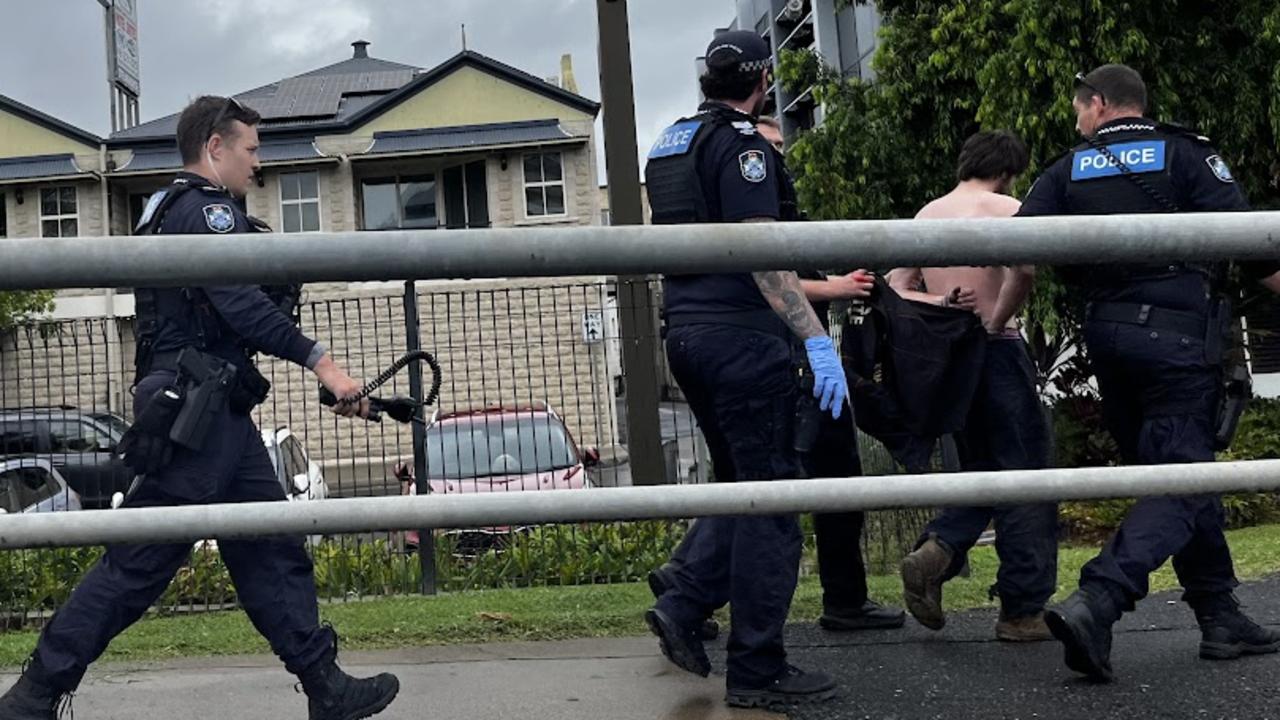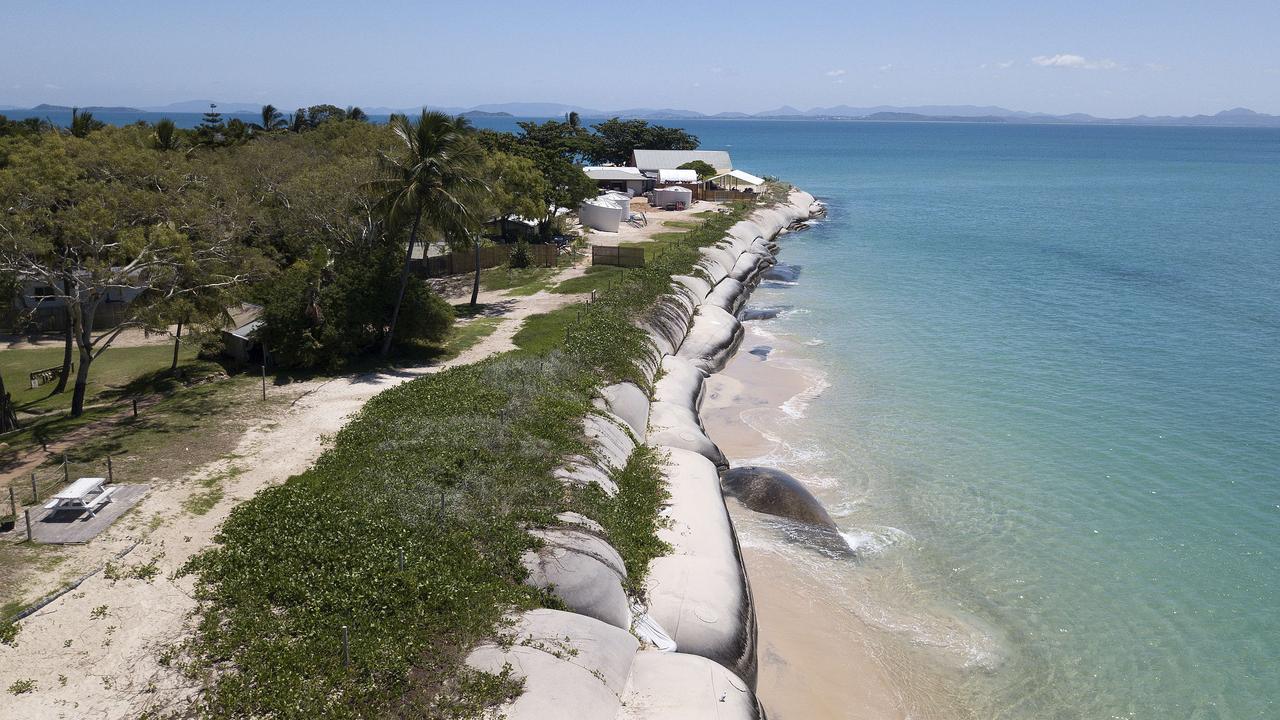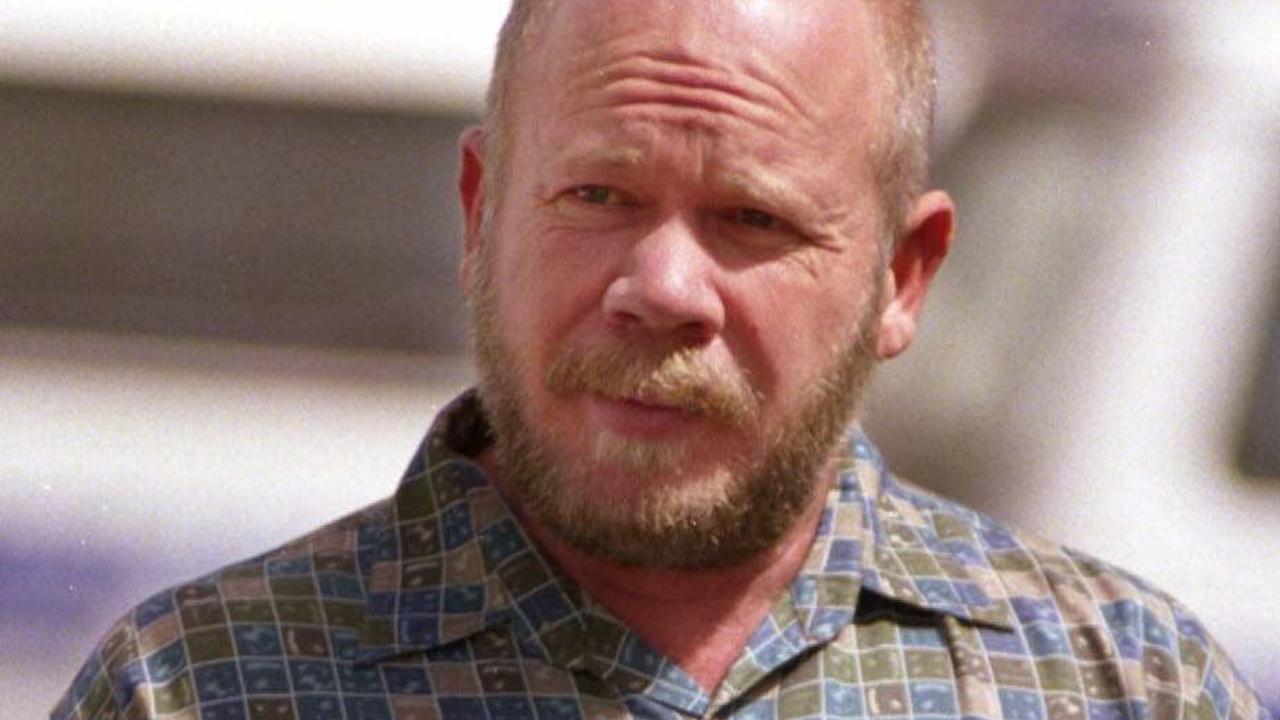Political expert predicts winners for Qld, Rocky, Keppel
Find out what election outcomes we should expect in Queensland, Rocky and Keppel according to political analyst Dr Chris Salisbury.
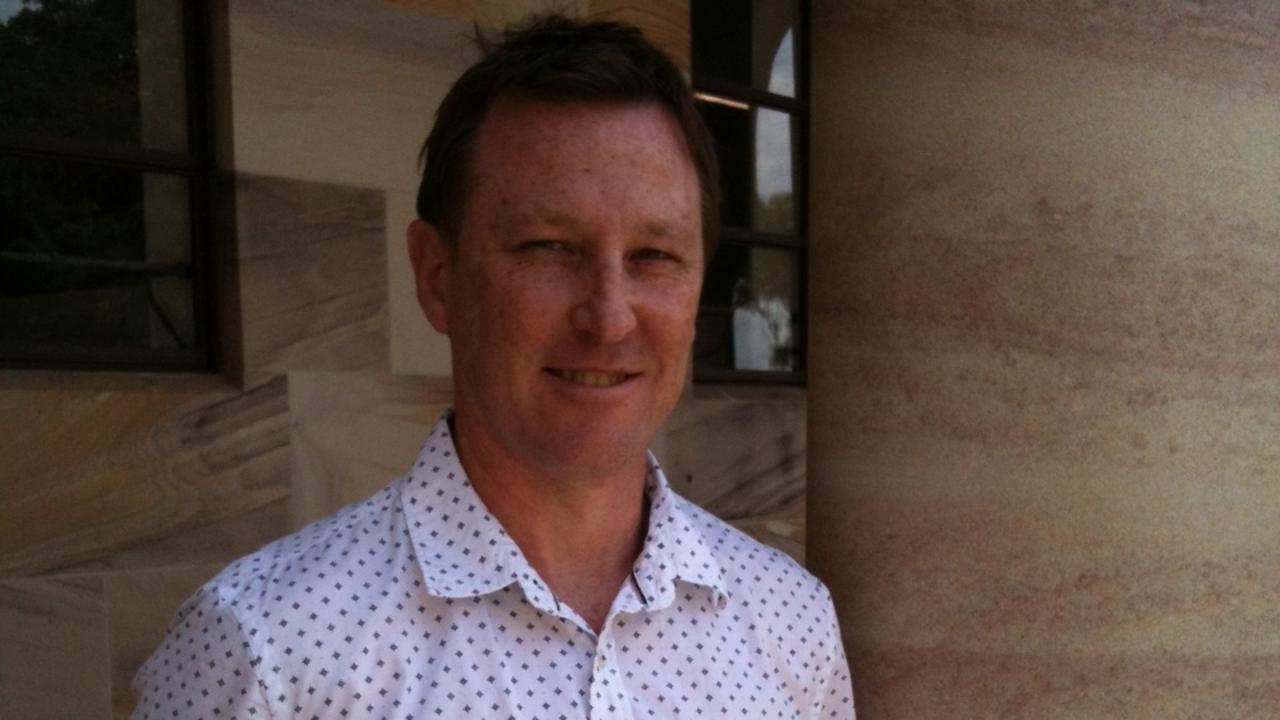
Rockhampton
Don't miss out on the headlines from Rockhampton. Followed categories will be added to My News.
THE 2020 Queensland Election is shaping up to be a tightly contested race with the final outcomes difficult to predict.
To give us a clearer idea about the underlying factors influencing voting behaviour and insights into the election's potential winners and losers in Central Queensland, UQ researcher and political analyst Chris Salisbury has spoken with the Morning Bulletin.
After discussing the Queensland-wide result, Dr Salisbury has explained in depth what results we should expect to see for the seats of Rockhampton and Keppel on election night.
Queensland-wide analysis
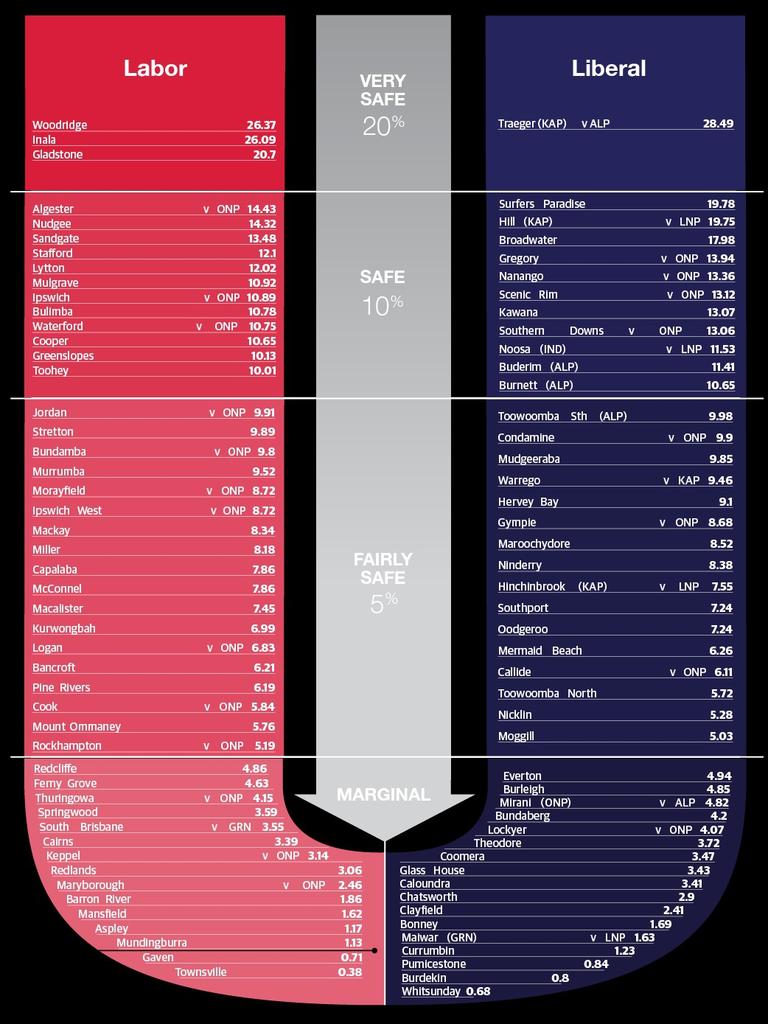
Dr Salisbury said it was the conditions created by the coronavirus pandemic and the government's response to it, that would feature strongly in the decision making process of voters.
Looking at the conditions and election results both Queensland and elsewhere, he said it reinforced the idea that the incumbents were favoured.
"It will probably end up favouring the (Labor) Government and they will remain in office," Dr Salisbury said.
"This comes with a big proviso because we're not sure how much the regions go against that grain.
"The Premier (Annastacia Palaszczuk) had a big boost in her popularity because of the government's management of the pandemic.
"Of course we realise that that issue, and other issues play out differently across Queensland and the regions may yet provide some surprise results or set backs for the government."
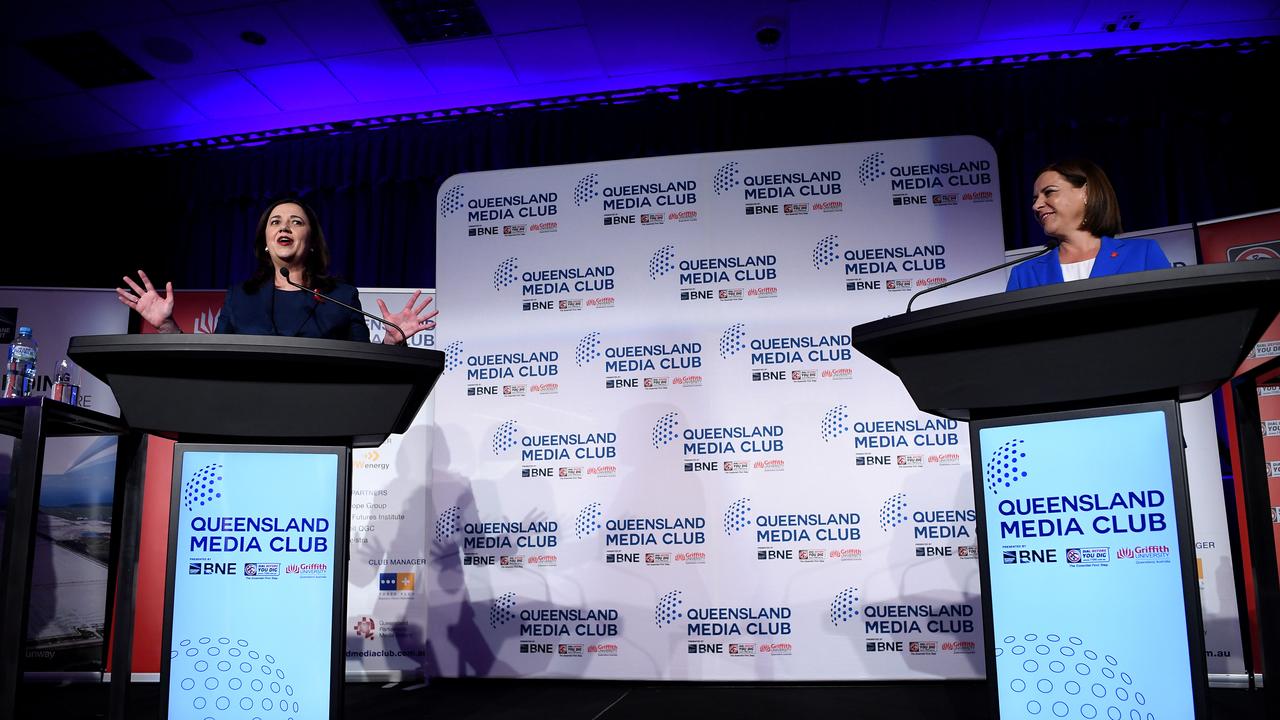
READ MORE: Final election poll delivers a shock result for Queensland
It wasn't just the incumbents but major parties that were expected to prosper.
"People are looking to governments and to parties that can form government to steer residents through the conditions of the pandemic, to map out an economic path forward," he said.
"This isn't to say that minor parties won't attract some measure of support but we assume that people will be looking towards the major parties to keep guiding us through and out of these conditions."
He flagged the strong possibility that we could see a hung parliament.
If neither major party had the numbers to form government in their own right, Dr Salisbury expected them to enter into negotiations with minor parties to form a minority government.
Analysis of the seat of Rockhampton
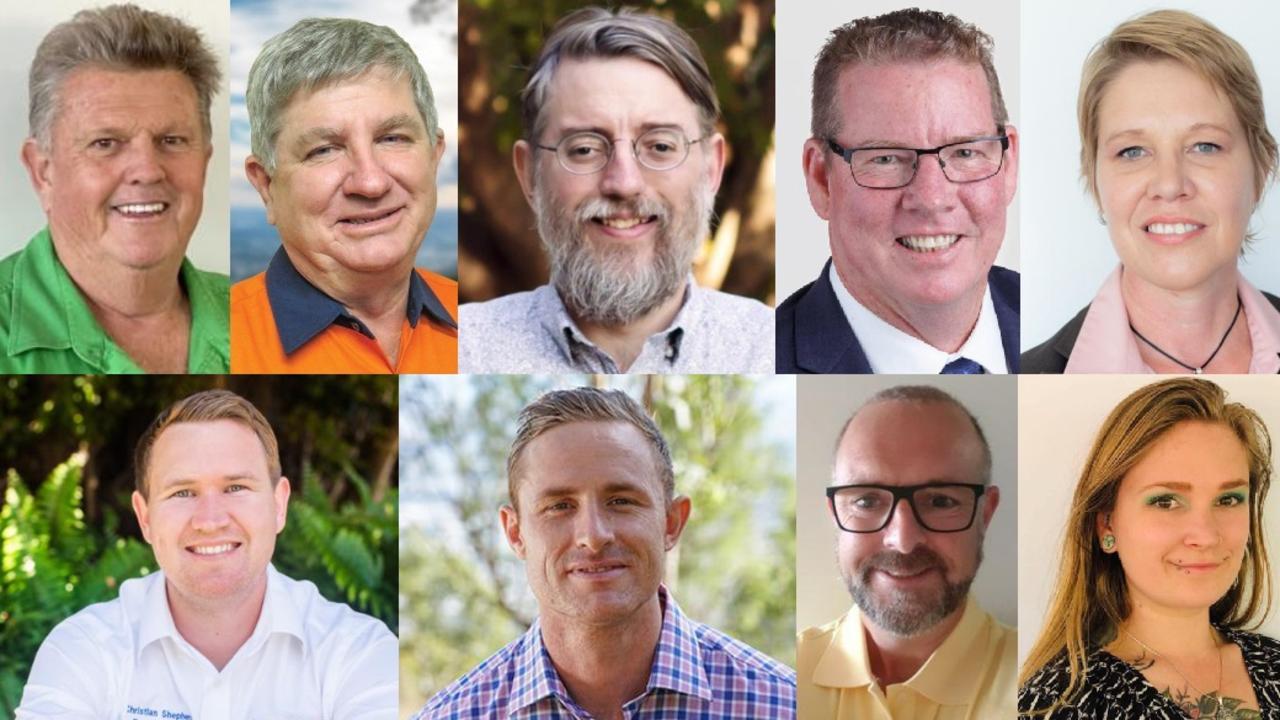
Dr Salisbury believed that Labor's incumbent candidate for Rockhampton, Barry O'Rourke, would be re-elected for a second term.
"You take it almost as a rule that incumbents will be favoured in these conditions, with minor party candidates having less of a look-in this time," Dr Salisbury said.
"I think Barry, in a place like Rockhampton, would see that support stick with him.
"He's got a reasonably safe margin there (of 5.2 per cent) and I wouldn't assume that we'd see a big enough swing to unseat him."
With unsuccessful Independent candidate Rockhampton Region mayor Margaret Strelow not splitting Labor's vote this time around, he said this would provide Mr O'Rourke with additional breathing room.
The LNP's Tony Hopkins was expected to poll well on the back of voters returning to the major parties to finish as the runner up - a significant improvement on the LNP's forth placing in Rockhampton in 2017.
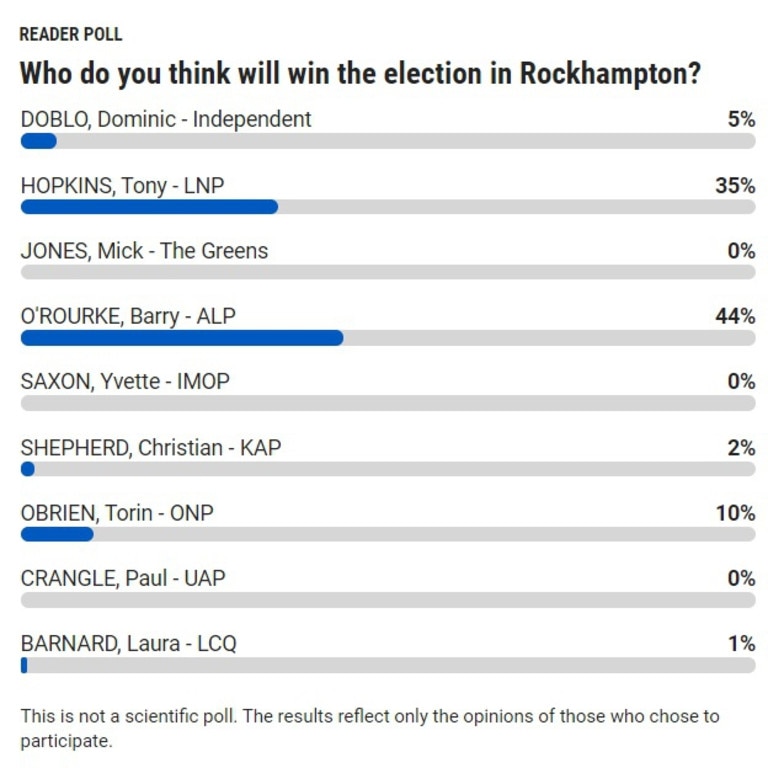
While both Rockhampton and Keppel were strongly challenged in the 2017 State Election by the One Nation Party's candidates, who finished as the runners up, Dr Salisbury didn't expect a similar result this time around.
"Going by the polling that we've seen, the (One Nation) party may well suffer a bit of a downturn in its support and we've expected a solidifying of support behind the major parties," he said.
He speculated that the slide in One Nation's support could be linked to their failure to grab mainstream media coverage and its leader Senator Pauline Hanson lacking visibility on the campaign trail.
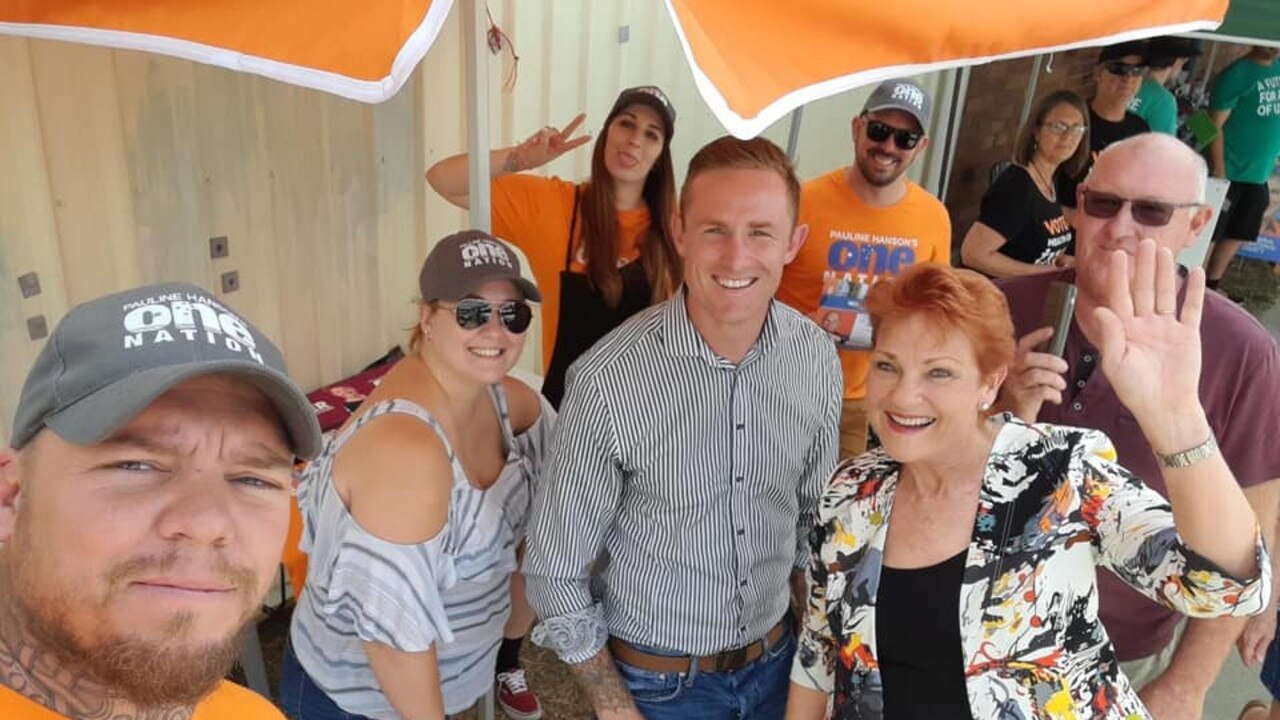
He anticipated that One Nation's Rockhampton candidate Torin O'Brien would leak votes to the Katter's Australian Party candidate Christian Shepherd, whose regional-focused party had returned to contest Rockhampton.
Given the uncertainty around the voting habits of those in the regions, Dr Salisbury has left the door open for One Nation bucking the downward trend in CQ to turn in a strong performance.
"It's going to be an interesting one to look at in more depth after the election. We'll see how much that plays out," he said.
"We know that One Nation's support is not exactly measured correctly by standard polling."
He acknowledged this reluctance for One Nation's supporters to identify their party allifiation to pollsters could be similar to the "shy" Trump voter phenomenon in the US.
A non-scientific online poll of the Morning Bulletin readers this week shows the voting trends discussed by Dr Salibury appearing to be evident.
Analysis of the seat of Keppel

While Rockhampton's incumbent Labor candidate was relatively safe, Dr Salibury said the election race in Keppel was a "different kettle of fish" for Labor's incumbent candidate Brittany Lauga, who held the seat with a slender 3.1 per cent margin.
"It's a more interesting one to watch given the margin there is narrower," he said.
"It's seemingly been one that a lot of observers have pointed at as a potential gain for one of the challengers.
"That seat would have been targeted by the LNP who are looking to pick up nine seats to be within earshot of forming a majority government."
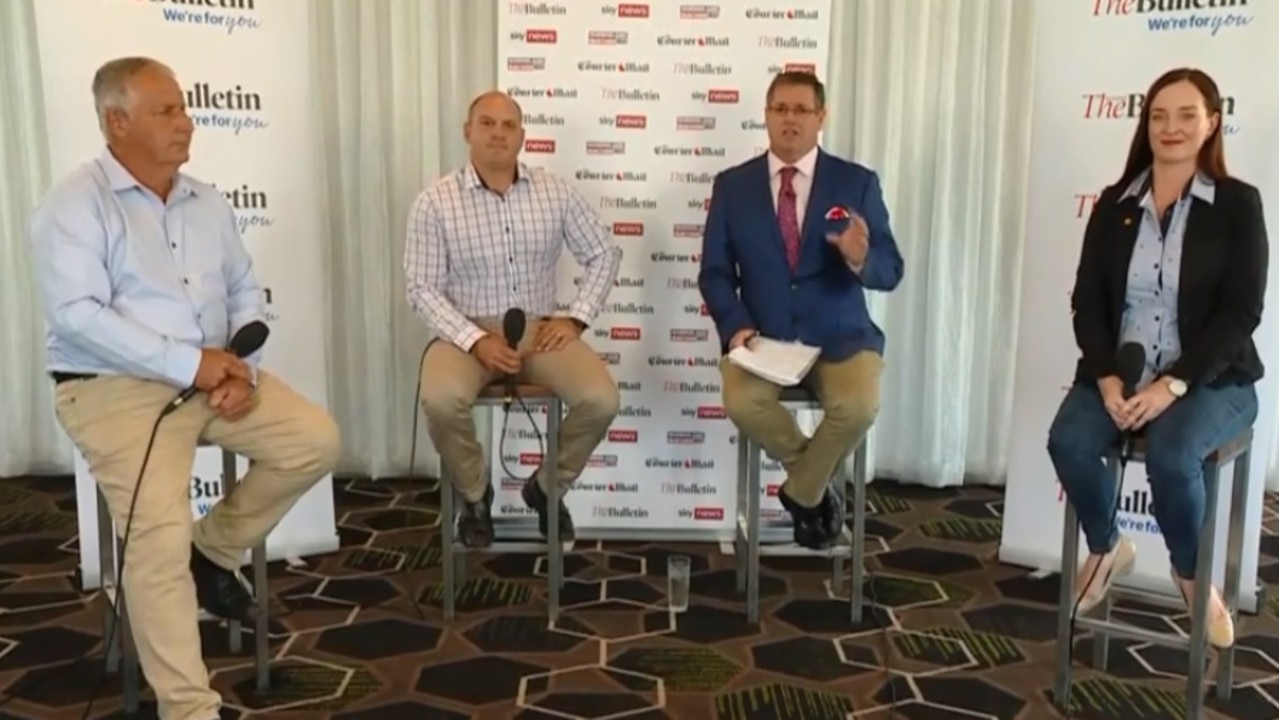
He said Keppel had a few local issues at play that had not had much to do with the pandemic conditions this year including tourism, unemployment and the ongoing debate over efforts to revitalise and build a new resort on Great Keppel Island.
"Last time around, One Nation and the LNP were neck and neck for that second spot and it could yet be either of them (which won)," he said.
Given that One Nation's Keppel candidate Wade Rothery had built up profile in the region and performed well in previous election campaigns, Dr Salisbury expected that they could be competitive.
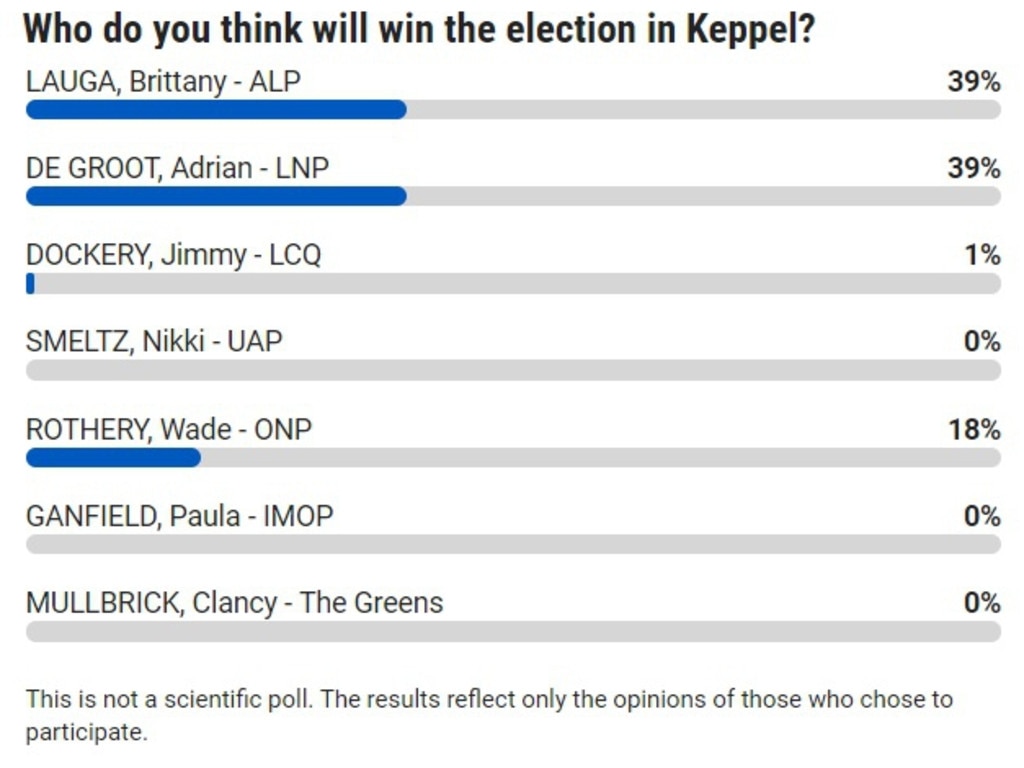
It all hinged upon the accuracy of polling suggesting that One Nation's support was ailing.
If their support did fade, Dr Salisbury expected Keppel to turn into a two-horse major party race between Labor and the LNP for the seat.
Wade Rothery's flow of preferences could prove to be critical in deciding the seat with the Mr de Groot placed above Ms Lauga on One Nation's how-to-vote-cards.
If the incumbent support theory holds true, Ms Lauga could hold on, but if it didn't, the LNP's Adrian de Groot could be the next member for Keppel.
Non-scientific online polling this week by the Morning Bulletin is in line with Dr Salisbury's prediction that Keppel could be a race between the major parties.

